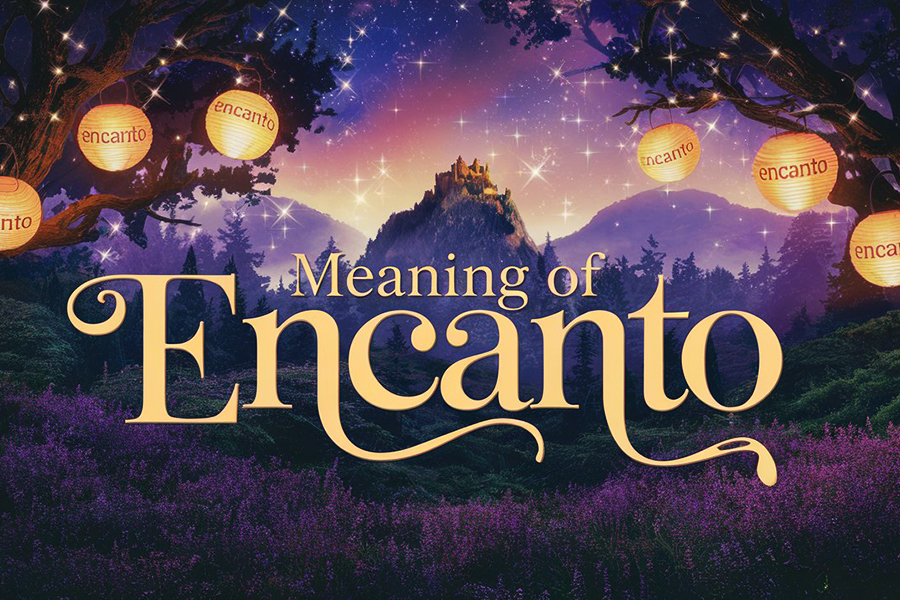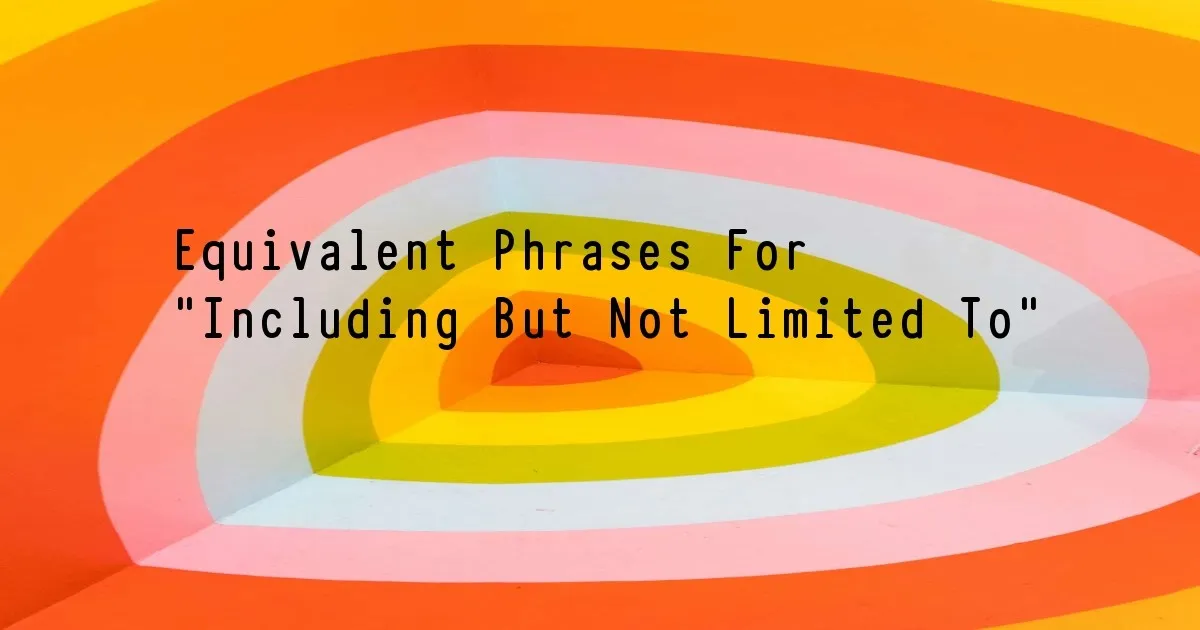The Ultimate Guide to Choosing the Right Music Theory Textbook
Understanding music theory is crucial for anyone looking to deepen their musical knowledge and skills. A good music theory textbook can be an invaluable resource, offering structured lessons, exercises, and insights into the complexities of music. However, with so many options available, choosing the right textbook can be daunting. In this guide, we’ll explore key factors to consider when selecting a music theory textbook that suits your needs.
1. Define Your Skill Level
The first step in choosing a music theory textbook is to identify your current level of understanding. Are you a beginner just starting out, or do you have some foundational knowledge and are looking to delve deeper? Textbooks are often categorized by skill level, so knowing where you stand can help narrow down your choices.
- Beginners: Look for textbooks that start with the basics, such as reading music, understanding rhythm, and identifying scales and chords. Books like “Music Theory for Dummies” by Michael Pilhofer and Holly Day are popular for their straightforward and accessible approach.
- Intermediate: If you have a basic understanding and want to expand your knowledge, consider books that cover more advanced topics such as harmony, modulation, and counterpoint. “The Complete Idiot’s Guide to Music Theory” by Michael Miller offers a step-by-step approach to more complex concepts.
- Advanced: For those with a solid foundation in music theory, advanced textbooks like “Harmony and Voice Leading” by Edward Aldwell and Carl Schachter provide in-depth analysis and exercises on complex topics like voice leading and chromatic harmony.
2. Consider the Learning Style
Everyone has a different learning style, and choosing a textbook that matches yours can enhance your understanding and retention. Some people learn best through visual aids, while others prefer detailed explanations or practical exercises.
- Visual Learners: Look for textbooks with plenty of diagrams, charts, and illustrations. Books like “The Musician’s Guide to Theory and Analysis” by Jane Piper Clendinning and Elizabeth West Marvin are known for their visually engaging content.
- Text-Based Learners: If you prefer detailed written explanations, choose books that provide thorough, step-by-step instructions. “Tonal Harmony” by Stefan Kostka and Dorothy Payne is a textbook renowned for its comprehensive explanations and methodical approach.
- Hands-On Learners: For those who learn best through practice, opt for textbooks with numerous exercises and practice tests. “Music in Theory and Practice” by Bruce Benward and Marilyn Saker includes a workbook that allows you to apply what you’ve learned through practical exercises.
3. Look for Accompanying Resources
In the digital age, many textbooks come with accompanying resources such as CDs, online access codes, or downloadable content. These resources can provide additional practice, audio examples, and interactive learning tools, enhancing your study experience.
- Audio Examples: Textbooks that include CDs or online audio access can be invaluable for ear training and understanding musical examples. “The Jazz Theory Book” by Mark Levine, for example, includes numerous recorded examples that help illustrate key concepts.
- Online Tools: Some textbooks provide access to online platforms with quizzes, interactive exercises, and forums for discussing questions with other students and instructors. “Practical Theory Complete” by Sandy Feldstein offers access to online resources that complement the textbook content.
4. Review and Recommendations
Before making a final decision, take the time to read reviews and seek recommendations from teachers, musicians, or online communities. Reviews can provide insights into the textbook’s clarity, comprehensiveness, and suitability for your skill level.
- Teacher Recommendations: If you’re taking music lessons, ask your teacher for textbook recommendations. They can guide you toward books that align with your learning goals and the curriculum they use.
- Online Reviews: Websites like Amazon, Goodreads, and specialized music forums often feature reviews from students and musicians who have used the textbooks. These reviews can highlight strengths and weaknesses, helping you make an informed choice.

Recent Post
What is The Meaning of a Medusa Tattoo?
January 9, 2025
The Meaning of Encanto in Spanish and Origin
January 4, 2025
Equivalent Phrases For “Including But Not Limited To”
December 30, 2024
How To Make Weekend Greetings More Fun?
December 30, 2024
10 Modern Sayings Similar To “Be There Or Be Square”
December 30, 2024








